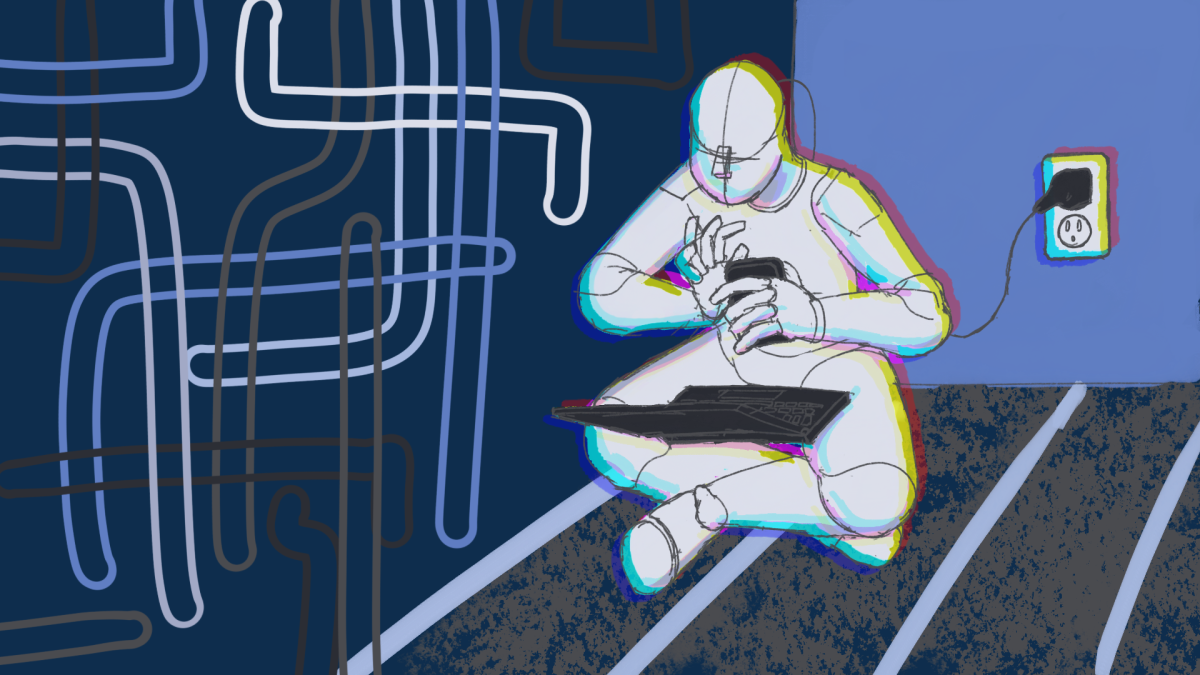As worry about the Ebola outbreak has spread faster than the disease itself, attention has shifted to the developing world. We’re reminded once again of how the other half lives and collectively muster a coordinated plan of responses. Governments and organizations alike respond to the call and do their best to control the damage before it’s too late. Or at least that’s how it seems.
If the above paragraph came off as self-important and condescending to you, I’d have to agree. But if your only connection with life elsewhere comes from headlines, the illusion is a hard one to shake. In reality, foreign aid is a round-the-clock gig. In 2012, the U.S. government spent about 50 billion dollars on non-domestic aid, according to The Heritage Foundation.
Additionally, tens of billions are spent annually by non-governmental organizations under this same category. Before getting carried away, I should state that a good deal of Uncle Sam’s portion has been military assistance, but then there is still the rest of the pie.
So why do we do this? Some argue that if more than a third of the world does not have access to adequate sanitation, we have a moral obligation to use our own access to resources to level the playing field. But other arguments are more utilitarian: If two-thirds of the world has no Internet access, humanity may be missing out on nearly 5 billion minds. That’s Google’s stance at least. And myriad alternate rationales exist, all falling somewhere on the spectrum between altruism and utilitarianism.
No matter the rationale, it certainly says something good about humanity that this kind of consensus has developed. Still, all aid is not created equal. A simple thought experiment might show why: Imagine you’re a farmer in a country that the rest of the world considers to be short on food. All of a sudden, far away populations of people you have never met are sending tons of free food to your community. While that’s all well and good, as a farmer, your main contribution to society plummets in value. The local economy is disrupted by an influx of free food, and you can no longer barter for the things you need.
This half-baked form of compassion is well meaning, but ultimately it is a subsidy that stunts the capacity for the sustainable, long-term development that some communities really need.
Some organizations have been able to strike a balance and develop strategies that may really work. One of those organizations includes members located right here on campus: Engineers Without Borders. I’ve personally been a member for almost a year now, and the projects that some of my peers have been involved in represent a shift in awareness about effective international aid.
Currently, the NCSU chapter of Engineers Without Borders has projects in Sierra Leone and Bolivia. Some have gone on for years, but they all seek to provide their communities with one of two very important things: sustainable sources of electricity or clean water. Over the course of these projects, genuine relationships have been established with individuals in the communities and help in the form of infrastructure is provided without undermining their autonomy. After all, it is the right of any group of humans to exist and grow on their own terms, and I really admire what the group has done so far.
Why am I saying all of this? As stated before, aid requires financial support. And Engineers Without Borders must fundraise at least once a year, and their biggest event is fast approaching. A banquet will be held at the McKimmon Center on campus Nov. 7. A lot of organizations will ask for your money to help others, but far fewer are made up of people who you may very well walk past on your way to class.





